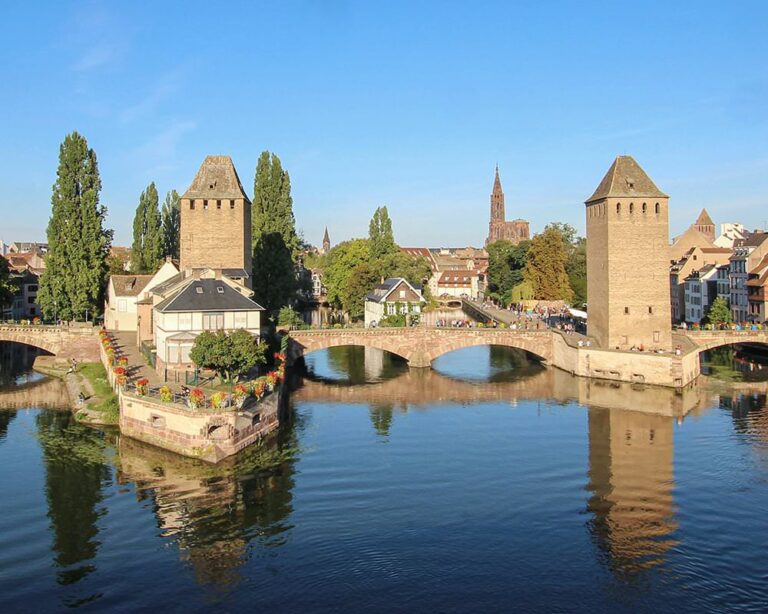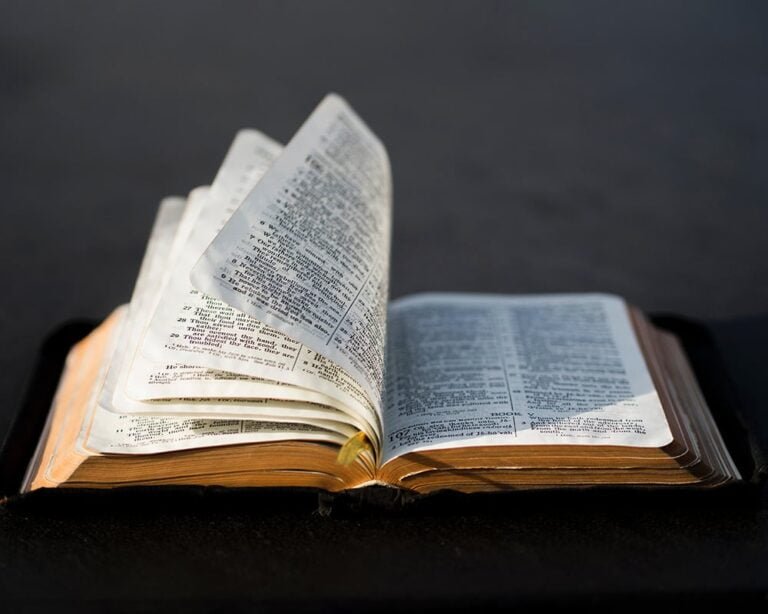faites chauffer la colle !
The French saying “faites chauffer la colle !” means literally “have the glue heated up!” or “heat up the glue!”
It is used in an often joking way when something has just been broken, or you see or hear something being broken.
Unless modern glue, which usually comes prepackaged in a tube, old fashioned glue used to have to be mixed from scratch and then heated to make it flow smoothly enough so that it could be applied to broken surfaces. So before using glue, it would have to be heated up.
We still need to heat up some types of glue, especially glue sticks which are used in glue guns. The glue guns provide the heat necessary to melt the glue, which is then applied to the objects needing to be repaired.
It became a widely used expression in the 1950s when a French radio soap opera named “Faites chauffer la colle!” began to be broadcast.
There is no real equivalent to this French saying in English. If you can think of one, please leave a comment.






